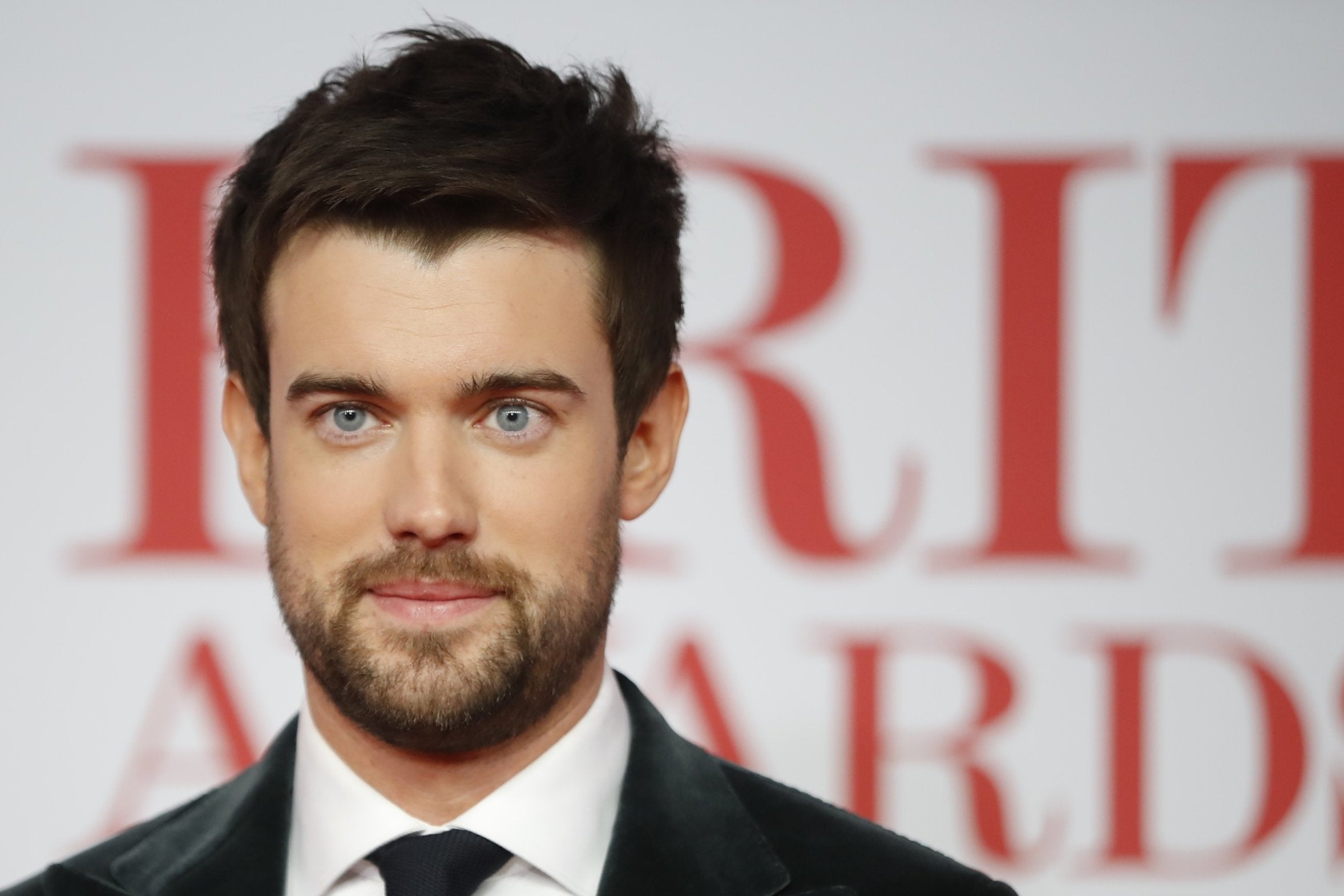If the reports about Jack Whitehall’s casting are true, Disney’s missed out on a huge opportunity
The studio needs to address their history of poor LGBT+ representation in a radical way

Your support helps us to tell the story
From reproductive rights to climate change to Big Tech, The Independent is on the ground when the story is developing. Whether it's investigating the financials of Elon Musk's pro-Trump PAC or producing our latest documentary, 'The A Word', which shines a light on the American women fighting for reproductive rights, we know how important it is to parse out the facts from the messaging.
At such a critical moment in US history, we need reporters on the ground. Your donation allows us to keep sending journalists to speak to both sides of the story.
The Independent is trusted by Americans across the entire political spectrum. And unlike many other quality news outlets, we choose not to lock Americans out of our reporting and analysis with paywalls. We believe quality journalism should be available to everyone, paid for by those who can afford it.
Your support makes all the difference.There’s something frustrating about the controversy surrounding Disney’s The Jungle Cruise, which has been fuelled by rumours that Jack Whitehall, a straight actor, has been cast as the studio’s first out (and official) gay character.
Even before we talk about whether straight actors should be playing gay roles when gay actors aren’t exactly afforded the same flexibility, how is it 2018 and we’re still waiting on a major studio to debut their first LGBT+ character?
It’s a question that, perhaps, strikes to the heart of the discussion. Whitehall’s casting is the topic of such hot debate explicitly because Disney currently faces the responsibility of correcting decades of missteps and missed opportunities when it comes to LGBT+ representation.
And there’s a fairly abysmal history to be uncovered there: despite the studio making concerted efforts to improve diversity elsewhere, the LGBT+ community still remains locked out. GLAAD, which monitors LGBT+ issues in the media, has repeatedly called out Disney’s lack of action, pointing out that it has the poorest track record of all the major Hollywood studios.
Certainly, the situation hasn’t been aided by the studio’s tendency to indulge in “queerbaiting”, in which creators will sometimes attempt to appease fans by merely assigning an LGBT+ identity to a character off screen, without the film itself actually putting in the work in to depict said identity.
Press interviews for Thor: Ragnarok revealed a scene, cut from the final edit, in which Valkyrie (Tessa Thompson) was confirmed to be bisexual. A year later, screenwriter Jonathan Kasdan said that Lando Calrissian (Donald Glover) in Solo: A Star Wars Story is “pansexual” while also expressing his regret that this wasn’t reflected more explicitly on screen. Then there was LeFou, a character some would argue was the first openly gay character in a mainstream Disney film.
Indeed, 2017’s Beauty and the Beast received massive amount of publicity after its director, Bill Condon, said the film would feature a “exclusively gay moment” for Gaston’s sidekick. Yet the reality was underwhelming. LeFou is granted a single, suggestive glance with another man and a quick spin around the ballroom.
The fact that, only a year later, we’re now referring to Whitehall’s Jungle Cruise role as Disney’s first openly gay character seems proof in itself of Beauty and the Beast’s lack of conviction.
Disney needs to break this cycle in a radical way. It’s long past due. And, specifically, it needs to stop treating LGBT+ characters as if they’re something to be quietly, gradually edged into frame in the hopes no one will notice.

Watch Apple TV+ free for 7 days
New subscribers only. £8.99/mo. after free trial. Plan auto-renews until cancelled

Watch Apple TV+ free for 7 days
New subscribers only. £8.99/mo. after free trial. Plan auto-renews until cancelled
It needs to not cast a straight actor as a stereotype played solely for laughs, as Whitehall’s role may prove to be, if the reports his character is “hugely effete” and “very camp” are true (as can arguably also be said of Josh Gad’s version of LeFou from last year). It needs to stop relying on the old excuse that LGBT+ characters will threaten worldwide box office sales. The same used to be said of films with majority black casts, and have you seen the global receipts for Black Panther?
Let’s move on from subtext and “queerbaiting”, and deliver audiences a lead that the LGBT+ community can truly invest in. A superhero. A Jedi. A real hero. Someone who can herald a new dawn, a promise of a world where LGBT+ people no longer have to be surrounded by a culture that actively works to marginalise them.
You need only look to the immense impact of this year’s Love, Simon, a film that rewrote the John Hughes formula for the modern age, delivering a gay protagonist at its core. It’s already become one of the highest-grossing teen films of all time. Audiences are hungry for change, it’s only a question of whether Disney will answer the call.
Follow Independent Culture on Facebook for all the latest on Film, TV, Music, and more.